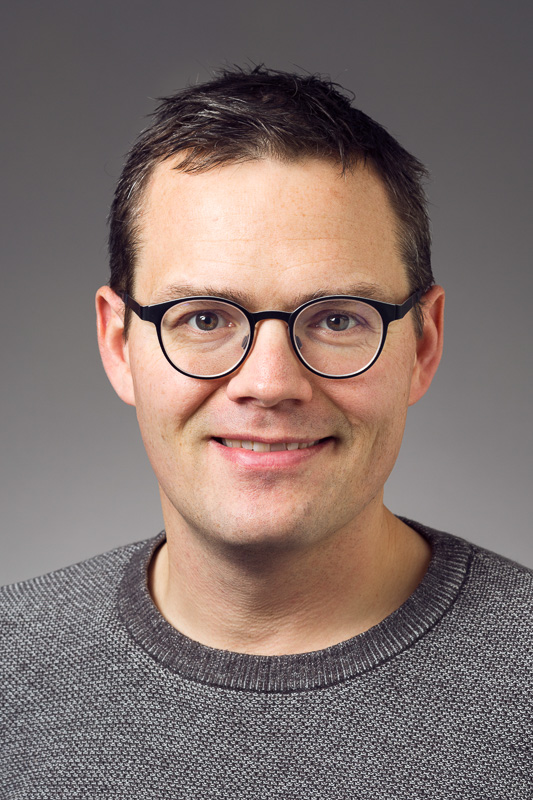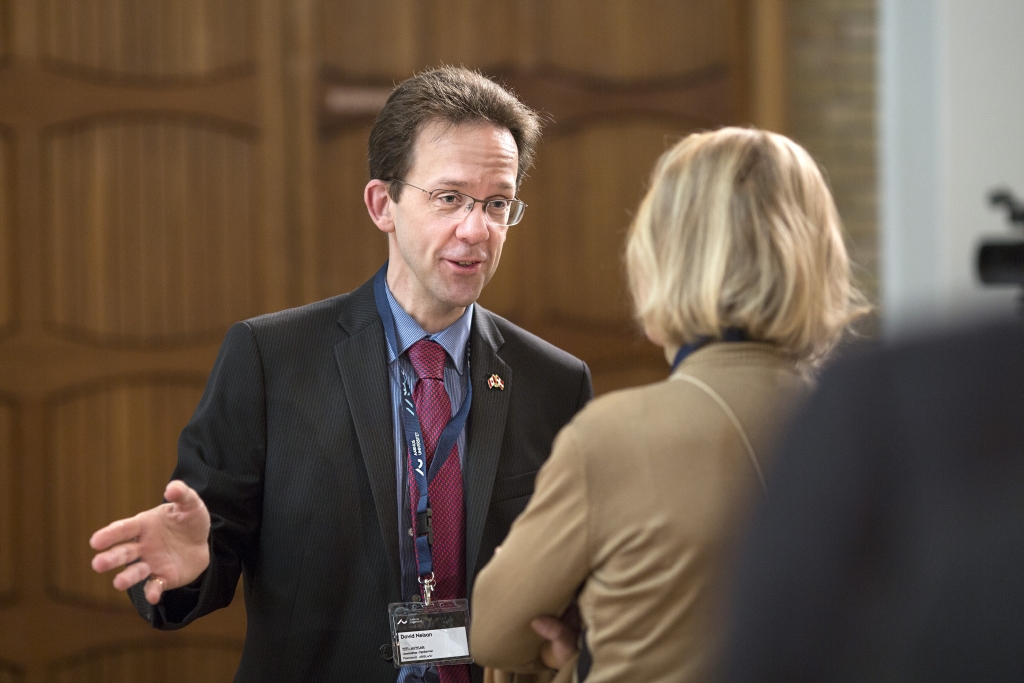New Lundbeck Foundation fellow from Aarhus BSS
Bjarni Vilhjálmsson from the Department of Economics and Business Economics at Aarhus BSS has just received a Lundbeck Foundation fellowship. He will focus on developing statistical methods for the study of mental disorders. The methods will allow for a better exploration of the interplay between genetic and environmental factors when determining the causes of mental disorders.

Bjarni Vilhjálmsson excels at developing statistical methods. With a background in bioinformatics and statistical genetics, he possesses the unique skill of being able to link the two research fields of epidemiology and genetics. This time, with the aim of uncovering the causes of psychiatric disorders.
“We know that genetics as well as the environment contribute to a person’s risk of developing psychiatric disorders. By combining health data with DNA information as well as social data, we can find out more about - and even discover more - genetic variants and other risk factors for developing psychiatric disorders,” explains Bjarni Vilhjálmsson, senior researcher at the National Centre for Register-based Research at the Department of Economics and Business Economics and newly appointed fellow at the Lundbeck Foundation.
“It is a great privilege to receive a Lundbeck Foundation fellowship. I am extremely happy. The grant allows me to establish an independent research group focusing on the development of new methods. We wish to develop methods that are tailor-made for the analysis of the exceptional Danish data - register data as well as the genomes of 130,000 individuals. These methods will enable geneticists as well as epidemiologists to extract much more from the data,” says Vilhjálmsson.
For the next five years, Vilhjálmsson and his future research group will focus particularly on the mental disorders of ADHD, depression and schizophrenia.
By identifying the genetic and environmental factors that increase a person’s risk of developing a mental disorder, you can eliminate the “noise” from the genetic data. This makes it easier to identify the environmental factors behind psychiatric disorders and vice versa: when you eliminate the noise from the environmental factors, it is easier to spot the contributing genetic factors. This can lead to groundbreaking research results, not just in Denmark but internationally. For example at the UK Biobank where researchers are also studying data from electronic patient records.
“As I see it, what we are actually doing is improving the infrastructure in this field for the benefit of Danish as well as international researchers. It could be the start of something big, and I cannot wait to get to work,” concludes Vilhjálmsson.
Jan Egebjerg, research director at the Lundbeck Foundation, agrees:
“Our fellowship programme is about empowering talent and developing the career of young researchers. The research projects cover a wide range of fields, but they all have the potential to change our understanding of these fields rather significantly,” he says in a press release issued by the foundation.
A Lundbeck fellowship comes with DKK 10 million and is awarded to a “young scientist who has gained a PhD within the past eight years and is qualified to establish or develop his or her own biomedical science research team.”
Per Baltzer Overgaard, vice-dean for research at Aarhus BSS, applauds the young researcher:
“A Lundbeck Foundation fellowship is one of the largest individual grants awarded to young researchers within health sciences. Thus, it is a great recognition of Bjarni’s previous research. I am very happy for Bjarni, and I am also pleased that the research group will be carrying out its work under the auspices of the Department of Economics and Business Economics at Aarhus BSS as it offers a strong statistical research environment and research infrastructure,” he says.
